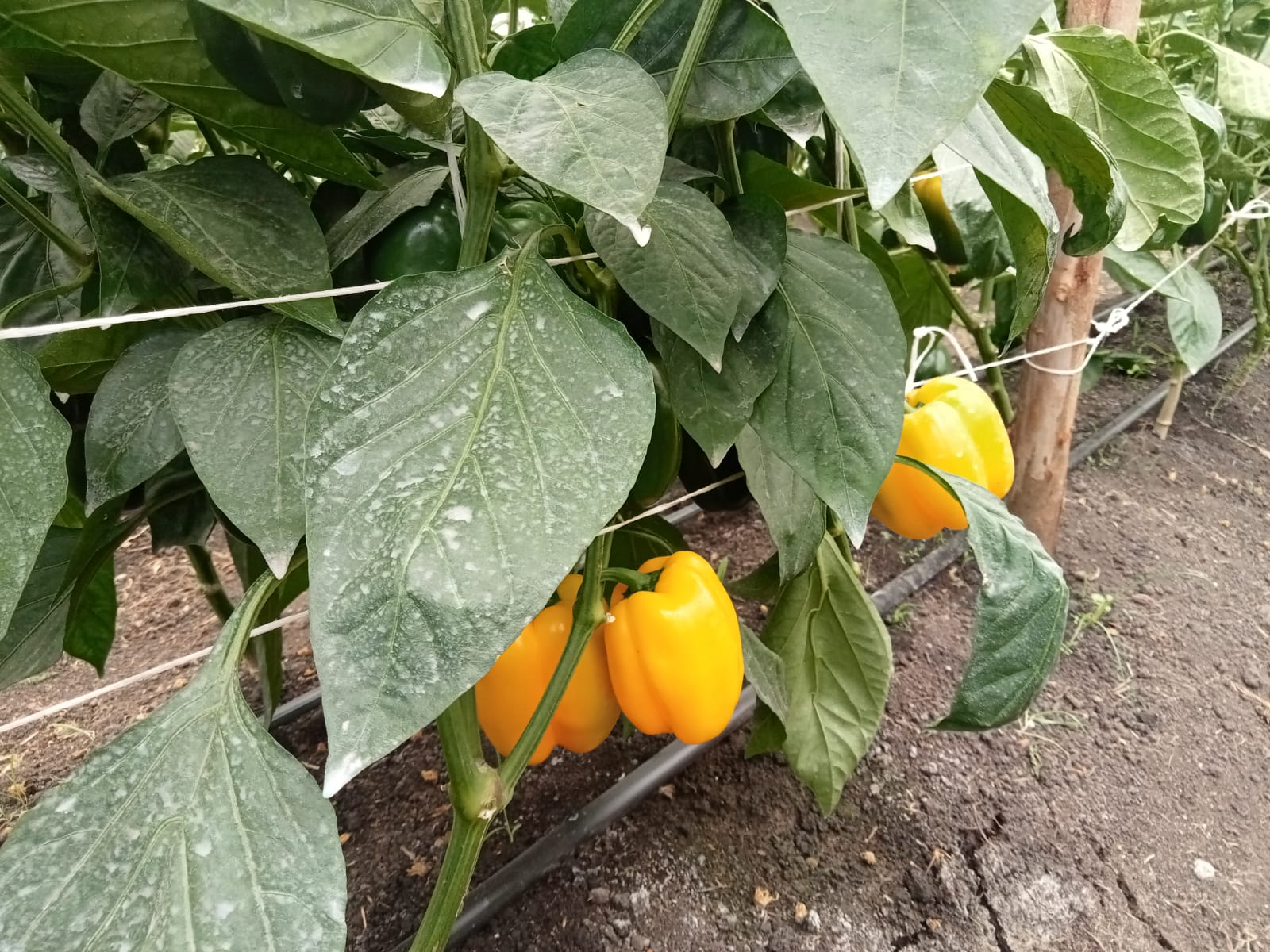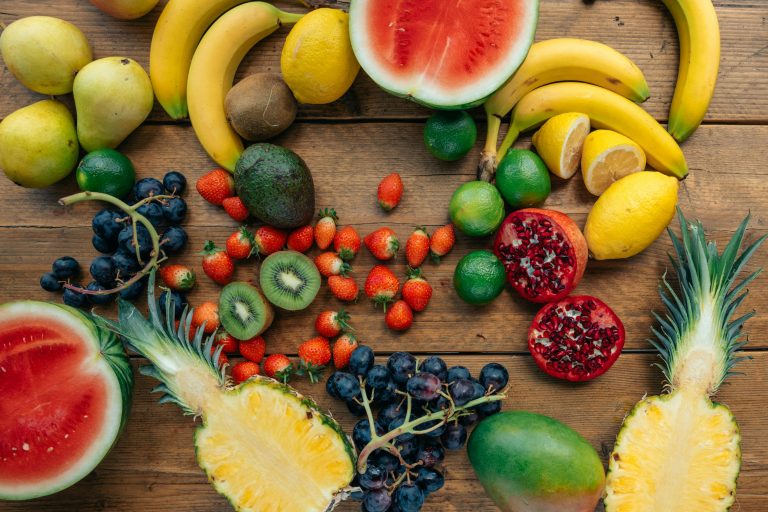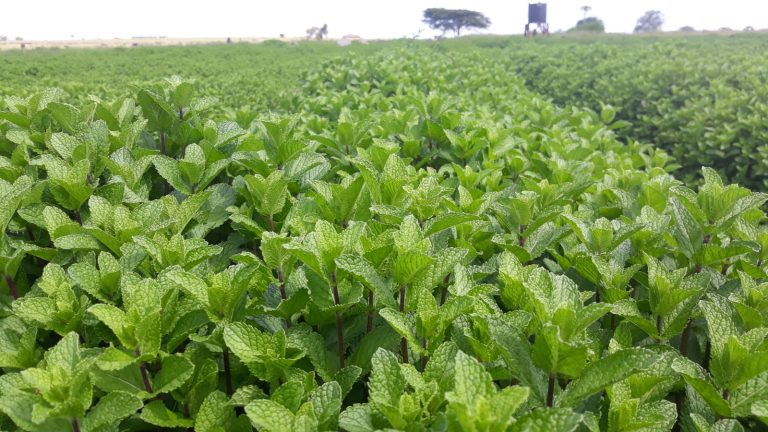Introduction: Unlocking Profit Potential in Kenya’s Agricultural Market
Agriculture plays a pivotal role in Kenya’s economy, offering vast opportunities for farmers to maximize profits from selling farm produce. However, to truly benefit, farmers must understand the market dynamics, choose the right channels, and implement effective selling strategies. Whether you’re a small-scale farmer or an agribusiness owner, selling your produce for the highest profit requires more than growing crops.
Additionally, learn how Fincare Investments empowers farmers by facilitating land access through leasing or purchase to support high-yield crop production.
1. Know Your Produce and Market Demand
Before diving into the selling process, it’s crucial to understand the demand for your produce. Some crops sell faster than others, and market demand fluctuates depending on seasonality and trends.
Assessing the Demand for Your Crops
Kenya produces a variety of crops with differing demands. High-demand crops like avocados, tomatoes, and maize have steady market opportunities. In contrast, seasonal crops such as beans and potatoes need careful timing to capitalize on peak demand.
Learn about the best cash crops to grow in Kenya for high returns.
Researching Local and International Markets
Understanding both local and international market trends is essential to maximizing profits. Some crops, such as avocados, have significant export potential. In contrast, others, like cabbage and onions, may be in high demand within local urban areas.
Explore Fincare Investments‘ land lease services to find the land ideal for agribusiness.
2. Key Factors for Maximizing Profitability
Several factors influence how much profit you can make from selling farm produce. Key considerations include product quality, pricing, and timing.
Product Quality Matters
Produce quality impacts the price you can command. High-quality crops that are well-packaged and fresh will always fetch higher prices.
Timing Your Sales
Farm produce is often priced based on availability. Selling during off-seasons when supply is lower can help increase profits. However, understanding when the market is flooded with a particular crop is equally important to avoid losses.
Pricing Strategies
Set competitive prices that allow profit while being attractive to buyers. Research market prices and set a price that reflects the quality of your produce and aligns with the demand.
3. Choose the Right Market Channels
Finding the right sales channels is critical. Depending on the type of produce, you can sell locally, regionally, or even internationally.
Local Farmers’ Markets
Local markets are a great place for direct sales to consumers. Farmers’ markets in towns like Nairobi, Mombasa, and Kisumu are popular venues for fresh produce.
Selling to Wholesalers and Retailers
Supermarkets consistently demand farm produce, and selling in bulk to them can guarantee a steady income.
Exporting Your Produce
Crops like avocados, flowers, and macadamia nuts can be highly lucrative internationally. Kenya has a thriving agricultural export sector, and farmers can earn premium prices by reaching these markets.
Fincare Investments provides land leasing solutions to help you scale for export-ready farming.
4. Building Strong Relationships with Buyers
Building solid relationships with your buyers ensures consistent sales and repeat business.
Negotiation Tips
Negotiating fair deals is crucial, especially when working with wholesalers or retailers. Always have clear terms, including delivery times and prices, to ensure smooth transactions.
Networking
Networking with other farmers and agribusinesses can provide insights into market trends, pricing, and potential buyers. Attending agricultural fairs or joining cooperatives can expand your network.
Contracts and Agreements
A written agreement protects both you and the buyer. When dealing with large quantities, ensure everything is spelled out to avoid future disputes.
Learn how to write a land lease agreement.
5. Marketing Your Farm Produce
Marketing is essential, even for the best-quality farm produce. A strong marketing strategy ensures that buyers are aware of your products.
Branding and Packaging
Invest in branding and attractive packaging to increase the perceived value of your produce. Proper packaging makes your product stand out and helps preserve its freshness.
Leveraging Social Media
Social media platforms like Instagram, Facebook, and Twitter are great for promoting your produce to local consumers. Highlight your farming methods, the quality of your crops, and any special offers you may have.
Community Engagement
Involving your community in farm events or sponsoring local initiatives can raise awareness of your produce and help create loyal customers.
Fincare Investments also assists agribusinesses with land acquisition for successful farming operations.
6. Using Technology to Boost Sales
Technology is reshaping the agricultural industry, making it easier for farmers to sell their produce and increase profits.
Mobile Apps and Platforms
Mobile apps provide real-time price data, facilitate transactions, and connect farmers with buyers.
E-commerce
Selling produce via online platforms like Jumia can help farmers reach a wider audience beyond the local market.
Agricultural Technology
Investing in farming technologies like precision farming and drip irrigation can improve yield, quality, and cost-efficiency, thus increasing profitability.
7. Handling Logistics and Distribution
Efficient logistics ensure that your produce reaches buyers on time, in good condition, and at the best price.
Storage and Preservation
Proper storage techniques, such as cooling or drying, can extend the usability of crops with short shelf lives and prevent waste.
Transportation Solutions
Ensure that you have reliable transportation methods for delivering your produce. Whether by truck or delivery van, timely delivery is crucial to satisfy buyers.
Supply Chain Management
Using technology to track produce throughout the supply chain helps reduce inefficiencies. It ensures that produce reaches buyers in peak condition.
8. Financial Management for Maximizing Profits
Effective financial management is vital to keeping your farming operations profitable.
Budgeting for Expenses
Carefully track all farming and selling expenses—such as seed costs, labour, packaging, and transportation—to ensure you stay within your budget.
Tracking Sales and Profits
Use financial tools to track your sales, expenses, and profits. Monitoring your numbers helps you identify areas for improvement.
Taxation Considerations
Agricultural businesses in Kenya must also consider tax regulations. Consult with a tax professional to ensure compliance and maximize tax benefits.
Visit the Kenya Revenue Authority for detailed information on agriculture-related taxes.
Conclusion: Steps for Building a Profitable Agribusiness
Selling farm produce in Kenya can be highly profitable if done strategically. By understanding your market, setting competitive prices, using effective marketing strategies, and embracing technology, you can maximize your profits and grow your agribusiness.
Fincare Investments specializes in providing agricultural land either for lease or purchase, helping you secure the perfect property for your farming needs. Whether you’re looking for land to expand your farming operation or need help finding the right market, we’re here to guide you.
Contact us today to learn more about our services and how we can help your agribusiness thrive.
FAQs: Selling Farm Produce in Kenya
1. What are the best crops to sell for profit in Kenya?
- The most profitable crops in Kenya include avocados, macadamia, maize, tomatoes, and onions. Export crops like flowers and fruits also have significant demand.
2. How can I ensure I sell my farm produce at the best price?
- Research market prices, target the right buyers, and sell during high-demand periods. Proper packaging and quality will also help you command higher prices.
3. Is it better to sell my farm produce directly or through a wholesaler?
- Direct selling at farmers’ markets or through online platforms can yield better prices while wholesaling offers regular bulk sales.







